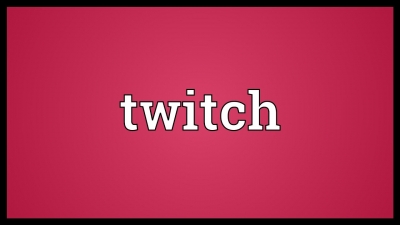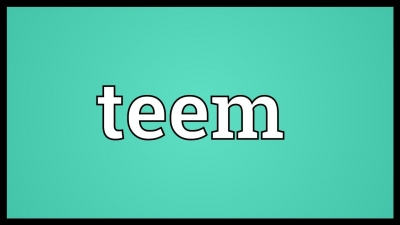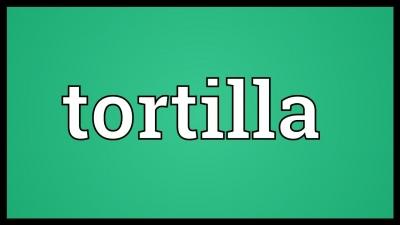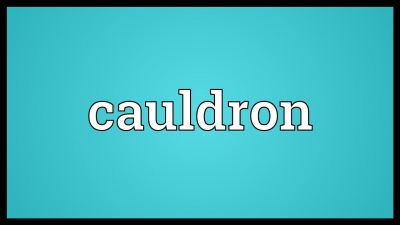WHAT IS THE MEANING, ORIGIN AND USAGE OF WORD ‘STROBE’?

Meaning: The word strobe corresponds to a light or lamp that flashes on and off quickly.
Origin: Strobe is arrived by shortening the word stroboscope. It has been used as the shortened form of strobe light from 1949 and as an adjective from 1942. Stroboscope is an instrument for studying light using periodic motion. In use from 1896, it is arrived at by adding the suffix scope to the Greek word strobos meaning "a twisting, act of whirling".
Usage: Strobe beacons were used in NASA's final Mercury mission to see if tracking was possible by astronauts.
Picture Credit : Google





